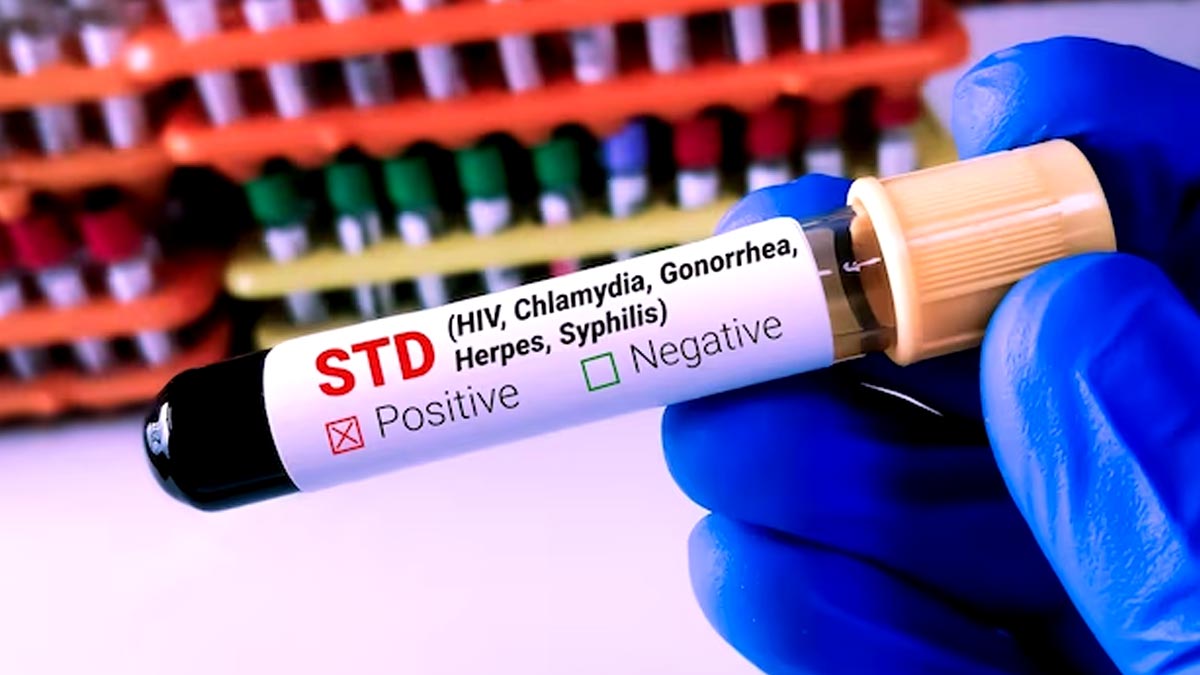A group of health experts from Monash University in Australia has revealed that unusually high levels of HDL-cholesterol, generally known as ‘good cholesterol’, might as well elevate the risk of dementia among older people. Experts say that extremely high levels of HDL-C are rare and not linked to dietary nutrition rather they more likely indicate a metabolic disorder. The authors of the study have said that although HDL cholesterol is vital for cardiovascular health, the findings of the study show that there is a need for further research to recognize the role of extremely high levels of HDL cholesterol in the framework of brain health.
Health experts involved in the study say that it might be helpful to consider extremely high HDL cholesterol levels in prediction algorithms for the risk of dementia. The study enrolled around 18,668 participants. Around 2709 participants were diagnosed with extremely high levels of HDL cholesterol which was over 80 mg/dL or less than 2.07 mmol/L. Experts followed these participants for an average period of 6.3 years. The findings revealed that people with extremely high levels of HDL cholesterol below the age of 75 years were at a 27 percent elevated risk of dementia while elderly people aged 75 years and above with enormously high HDL cholesterol levels were at a 42 percent increased risk of dementia as compared to people with ideal levels of HDL cholesterol.
Experts say that the outcomes of the study will help healthcare providers to recognize elderly people who are at risk of developing the mental disorder especially those who are in the age range of 75 years and above. The study showed that around 38 incidents of dementia were reported among people with extremely high HD cholesterol levels below the age of 75 years and nearly 101 dementia cases were reported among older adults aged 75 years and above with enormously high levels of HDL cholesterol. The ideal levels of HDL cholesterol are categorized as 40 to 60 mg/dL for men and 50 to 60 mg/dL for women.











